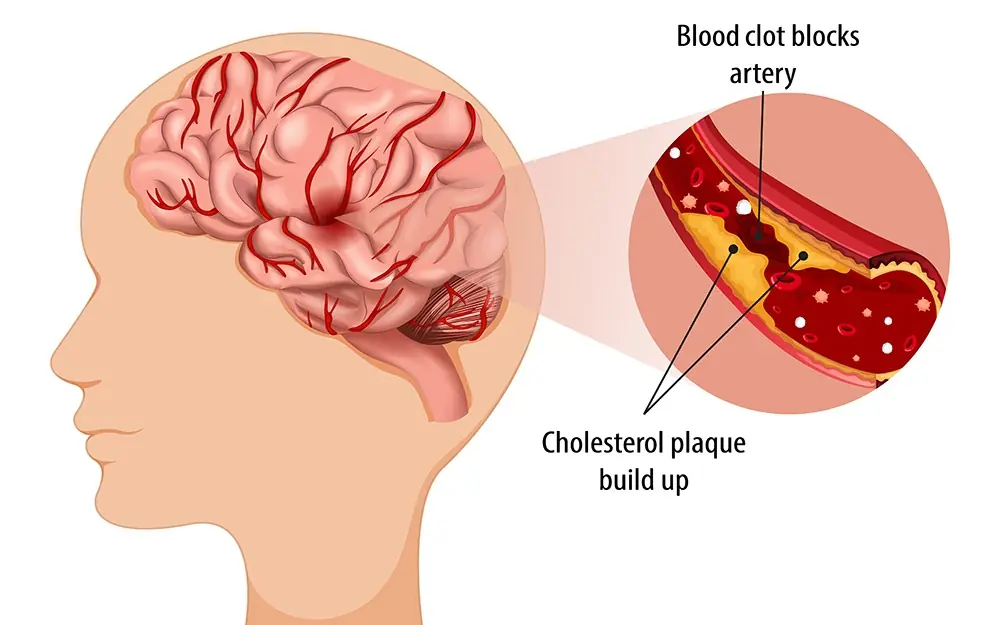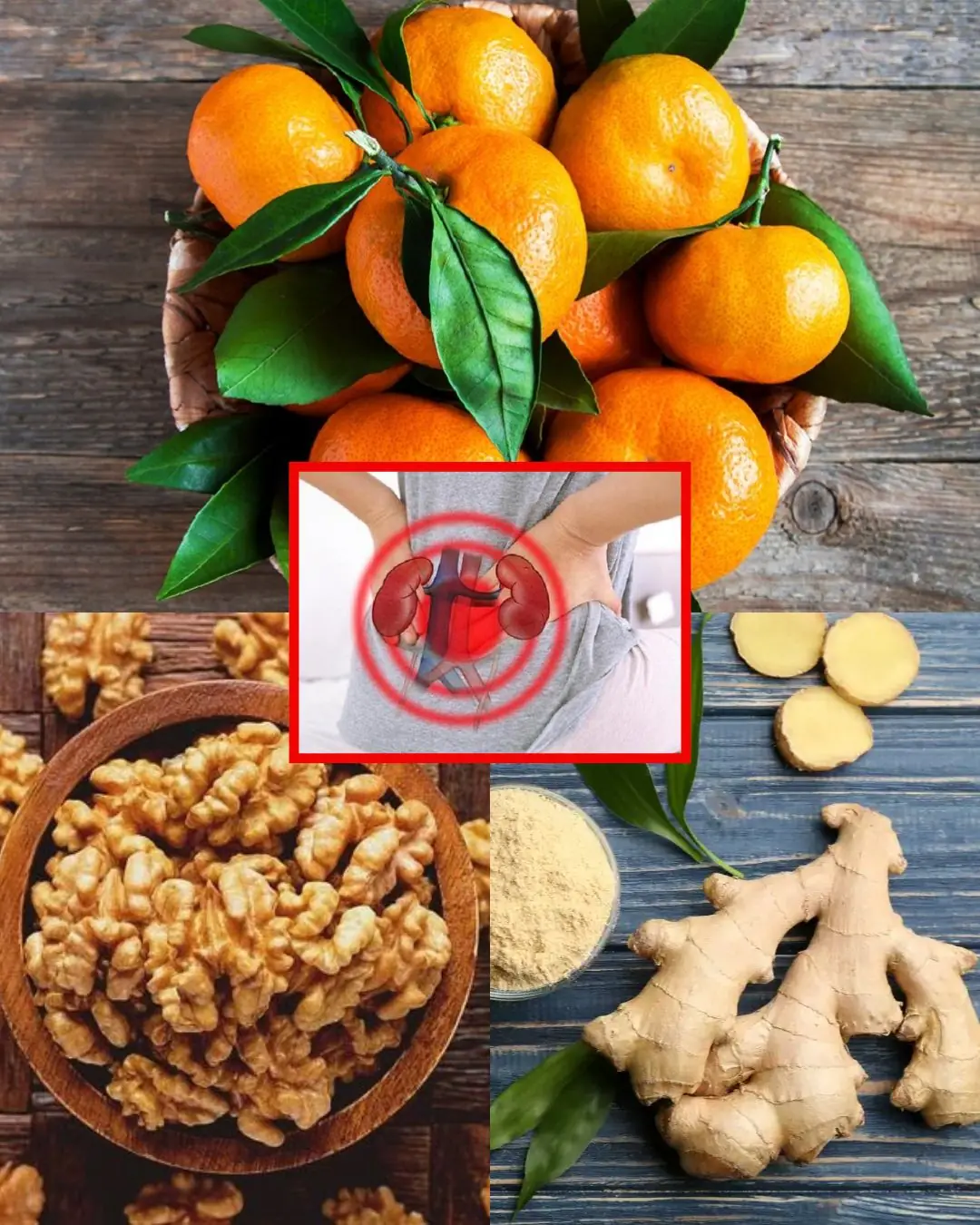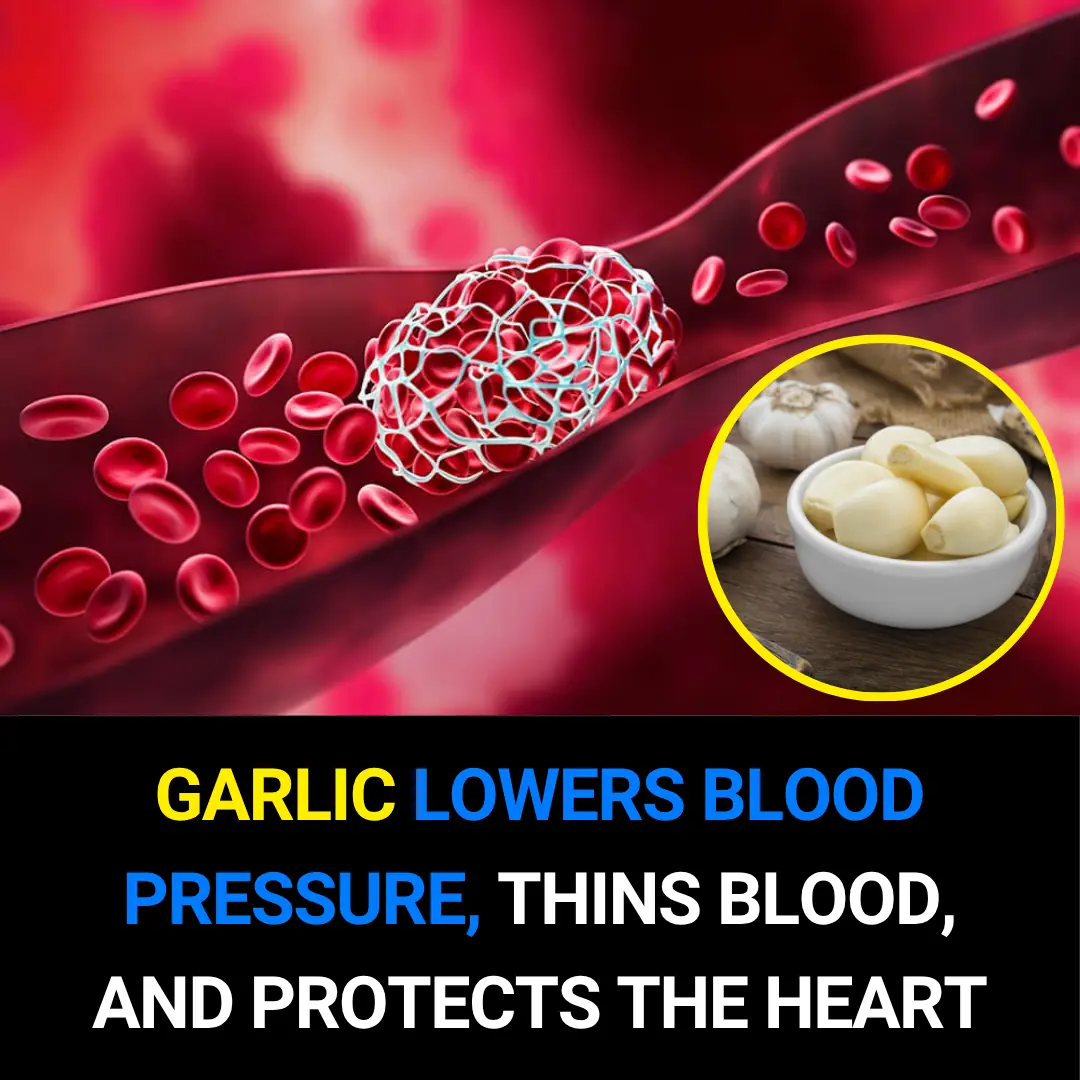
What Happens When You Take Turmeric Daily (PCOS, Diabetes, Joint Pain) – Evidence-Based
What Happens When You Take Turmeric Daily (PCOS, Diabetes, Joint Pain) – Evidence-Based
Turmeric, the vibrant spice celebrated for thousands of years, is gaining immense scientific attention for its health benefits. Its active compound, curcumin, is a powerful anti-inflammatory and antioxidant being studied for various chronic conditions.
If you’re considering making turmeric a daily habit, here is what the evidence says you can expect, how to take it effectively, and critical safety considerations.

Key Takeaways
-
Proven Relief: Daily curcumin is effective for joint pain and osteoarthritis, offering comparable pain relief to with fewer side effects.
-
Metabolic Booster: It shows promise in improving insulin sensitivity and managing conditions like Type 2 Diabetes and PCOS.
-
Absorption is Key: To gain therapeutic effects, you must use high-quality supplements with enhanced bioavailability (often combined with piperine or healthy fats).
The Benefits of Taking Turmeric Daily
1. Relief for Joint Pain and Osteoarthritis
Daily turmeric is most celebrated for its potent anti-inflammatory effects on the joints.
-
Evidence: A 2016 meta-analysis of randomized controlled trials found that curcumin extracts significantly reduced pain and improved physical function in patients with knee osteoarthritis.
-
Mechanism: Curcumin's strong anti-inflammatory action helps calm the chronic inflammation that breaks down cartilage and causes pain in joints.
2. Improved Metabolic Health (Diabetes and PCOS)
For individuals facing metabolic challenges, curcumin acts as a protective and regulatory agent.
-
Diabetes Prevention: A landmark 2012 study published in Diabetes Care demonstrated that curcumin supplementation for nine months prevented prediabetes from developing into Type 2 Diabetes in a high-risk population.
-
PCOS and Insulin Resistance: Curcumin helps improve insulin sensitivity and reduces oxidative stress, a core mechanism that helps manage conditions driven by metabolic dysfunction, including
.
3. Liver and Digestive Support
Taking turmeric daily helps your gut and a vital filtering organ.
-
Fatty Liver Disease (
): Curcumin has been shown to significantly improve liver enzymes, reduce liver fat accumulation, and decrease inflammatory markers in patients. It supports liver detoxification pathways. -
Digestive Comfort: It can help reduce symptoms of Irritable Bowel Syndrome (
) like bloating and gas by calming inflammation in the gut and supporting healthy gut flora.
4. Neuroprotective Effects
Curcumin's powerful antioxidant action can also benefit the brain.
-
Cognitive Function: A 2018 study found that daily curcumin supplementation improved memory and attention in older adults without dementia.
-
Mechanism: Curcumin can cross the blood-brain barrier and works to reduce the oxidative damage and inflammation linked to neurodegenerative diseases.
How to Maximize Curcumin Absorption
To see these therapeutic effects, you cannot simply rely on the small amount of curcumin in regular turmeric powder (which is about ). You must ensure your body can absorb the active compound.
-
Supplement with Piperine: Curcumin has poor bioavailability.
Look for supplements that combine curcumin with piperine (black pepper extract), as this can dramatically enhance absorption. -
Take with Fat: Curcumin is fat-soluble.
Always take your supplement or high-dose powder with a meal containing healthy fats (e.g., olive oil, nuts, avocado) to improve its efficacy. -
Dosage: Typical effective dosages for a quality, bioavailable curcumin supplement range from , often divided into two or three doses.
Safety and Important Considerations
While turmeric is generally safe, it is potent and can interact with certain conditions and medications.
Always consult with your healthcare provider before starting daily turmeric supplementation, especially if you have a pre-existing medical condition or take regular medication.
News in the same category


The #1 way to flush microplastics from your body (It’s shockingly simple)

According to experts, consuming too much rice leads to…

Surprising reason why you should NEVER take a cold shower when it's hot

CLOGGED ARTERIES CAN CAUSE STROKES EAT THIS TO PROTECT YOUR BRAIN

QUIET SIGNALS YOUR BODY SENDS LONG BEFORE DIABETES IS DIAGNOSED

5 Foods to Help Prevent HEART ATTACK That Nobody Talks About

Powerful Natural Detox to Cleanse Your Kidneys, Liver & Lungs!

Eat Crushed Garlic to Clean Your Arteries and Prevent Heart Attack

Men Over 60: Eat These 6 Breakfast Foods to Boost Blood Flow Naturally

Why You Wake Up to Pee at Night (and How to Stop It for Good!)

Simple ‘Finger Test’ Could Reveal Early Signs of Lung Cancer — Check Yours at Home

1 Teaspoon of Baking Soda Can Do THIS to Your Body!

🔊 Ringing in Your Ear? What Tinnitus Really Means and When to See a Doctor

The Health Effects of Left Side Sleeping That Few Talk About

Top 15 Natural Collagen-Boosting Foods That Rebuild Skin, Joints, and Bones Fast

Cleanse Your Kidneys of Toxins With 2 Effective 1-Ingredient Drinks

The 60-Second Trick to Reset Your Nervous System (A Himalayan Salt Bio-Hack)

Top 6 Natural Remedies to Fight Neuropathic Pain (Peripheral Neuropathy Home Remedies)
News Post

The Man Who Remembers Hunger: Why One Act of Kindness Matters.

The Little Elephant Who Was Born Different: A Pink Calf in the Wild

When Love Has No Address: A Man and His Dogs

A Boy, a Soldier, and an Umbrella: A Timeless Gesture of Respect

Purslane: The Superfood That Tastes Better Than Meat – 7 Reasons to Grow It in Your Garden

Don't Throw Old Tomatoes in the Trash.Turn them into flavorful tomato powder.

Banana Blossom: Health Benefits, Recipes, and Uses

Onion, Garlic, and Olive Oil Remedy for Varicose Veins: Natural Treatment and Benefits

The Photo of the Year: A Glimpse of Courage the World Must Not Forget

7 Surprising Benefits of Euphorbia Hirta

How to Regrow Food in Water: 10 Foods that Regrow Without Dirt

Firefighters Save Trapped Fawn from Storm Drain, Reuniting It with Nature

10 benefits of pigweed

Wild Lettuce Sap: Benefits and Uses

When “Just a Dog” Becomes the Difference Between Life and Death

Teddy’s Hug: A Rescue Story of Unbreakable Love

Benny’s Redemption: A Journey from Loneliness to Love

Man has stroke after bathing right after meal: 3 mistakes you shouldn’t make

Redemption in Yarn and Paws: How a Cat Gave My Brother Back His Life
